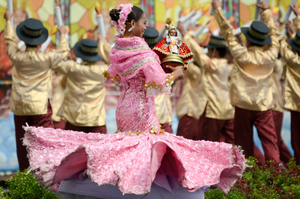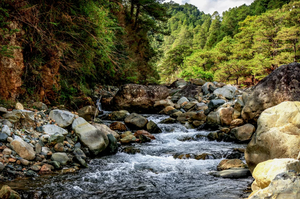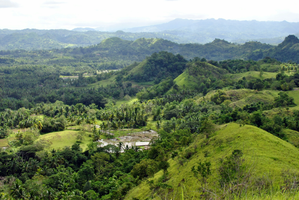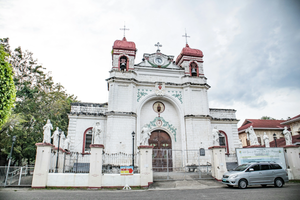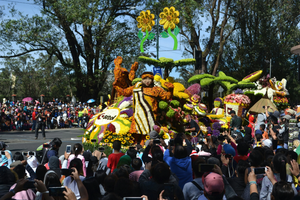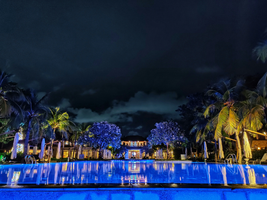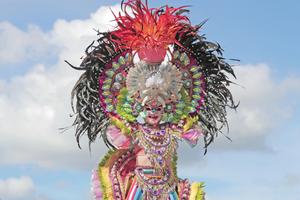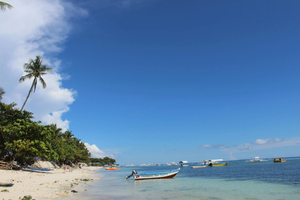Crafting the Perfect Cebu Festival Itinerary for Culture Enthusiasts
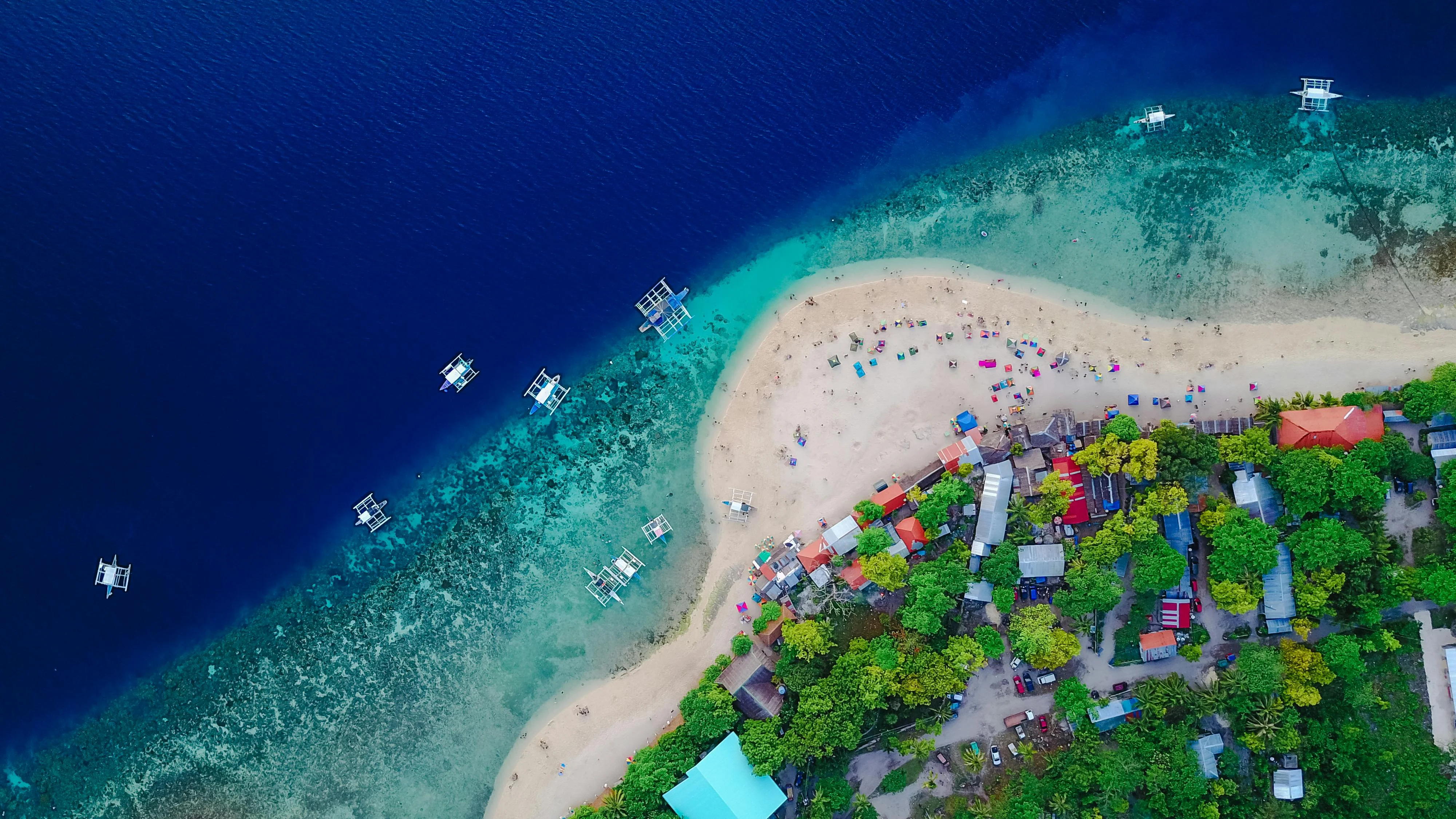
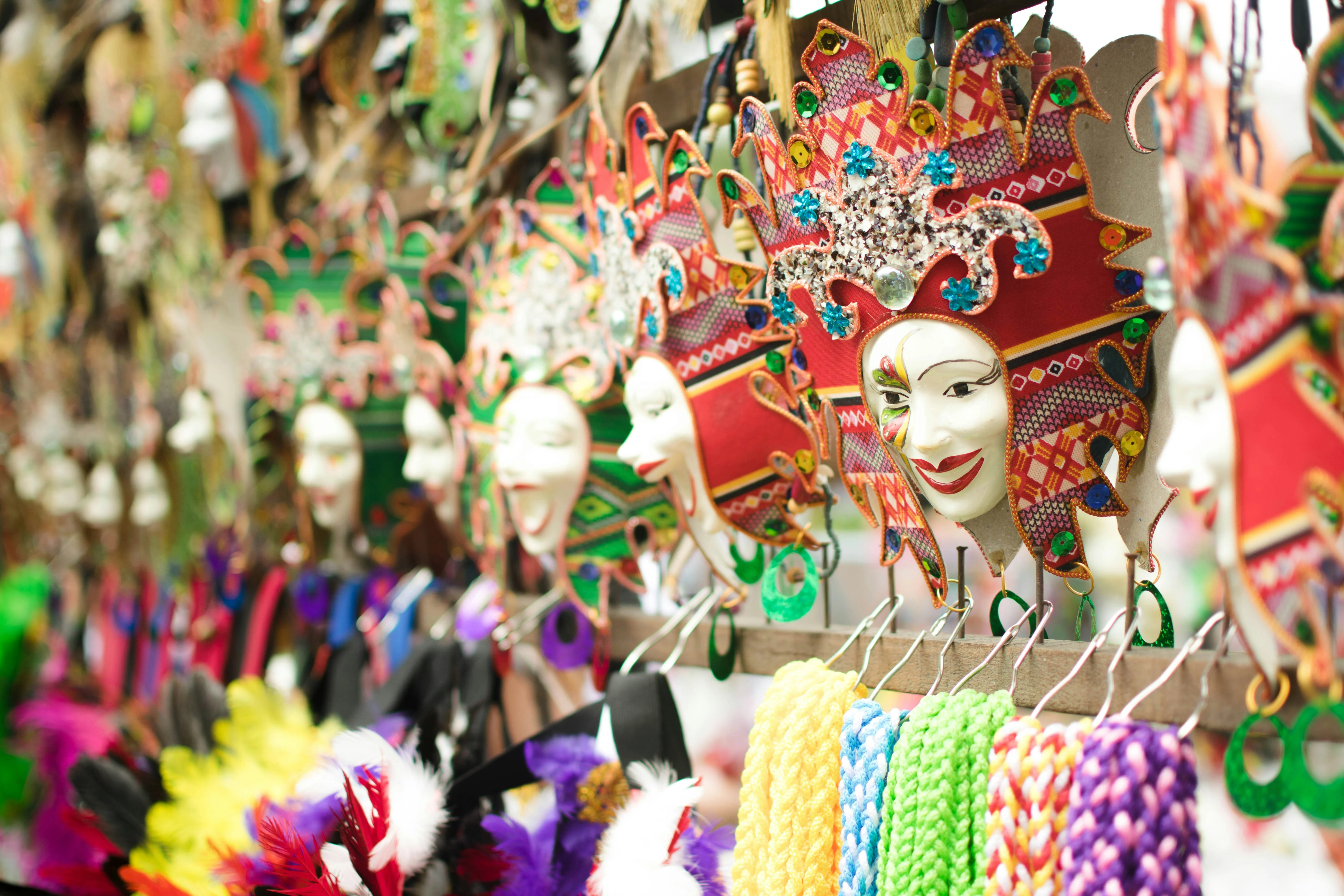
Understanding Cebu's Cultural Festivals
Before diving into your itinerary, it's essential to understand the essence of Cebuano festivals. The most notable is the Sinulog Festival, celebrated in January, honoring the Santo Niño. With its grand street parades, pulsating drums, and vibrant costumes, Sinulog is more than just a festival; it's a pilgrimage of devotion and community spirit. However, Cebu offers other fascinating festivals, such as the Kadaugan sa Mactan, a reenactment of the famous battle between Lapu-Lapu and Ferdinand Magellan, and the Paskuhan Festival, which showcases the Filipino Christmas spirit on the island.
Day 1: Arrival and Initial Exploration
Upon arriving in Cebu, settle into your accommodation and prepare yourself for a cultural journey like no other. Begin your exploration with a visit to the Basilica del Santo Niño. Located in the heart of Cebu City, this historical church is not only an architectural gem but also an essential stop for understanding the island's devotion to the Holy Child. In the evening, stroll around Colon Street, the oldest street in the Philippines, and enjoy a traditional Cebuano dinner in one of the local restaurants.
Day 2: Sinulog Festival Extravaganza
If you're in Cebu for the Sinulog Festival, dedicate your second day to this vibrant event. Start early to catch the grand parade, where performers clad in rainbow hues move to the beat of the Sinulog drum. Make sure to bring your camera, as the visual spectacle is nothing short of breathtaking. After the parade, participate in some of the local activities or visit nearby booths showcasing Cebuano crafts. Conclude your day with a laid-back evening in Mango Square, where you can enjoy local music and indulge in some Cebuano street food.
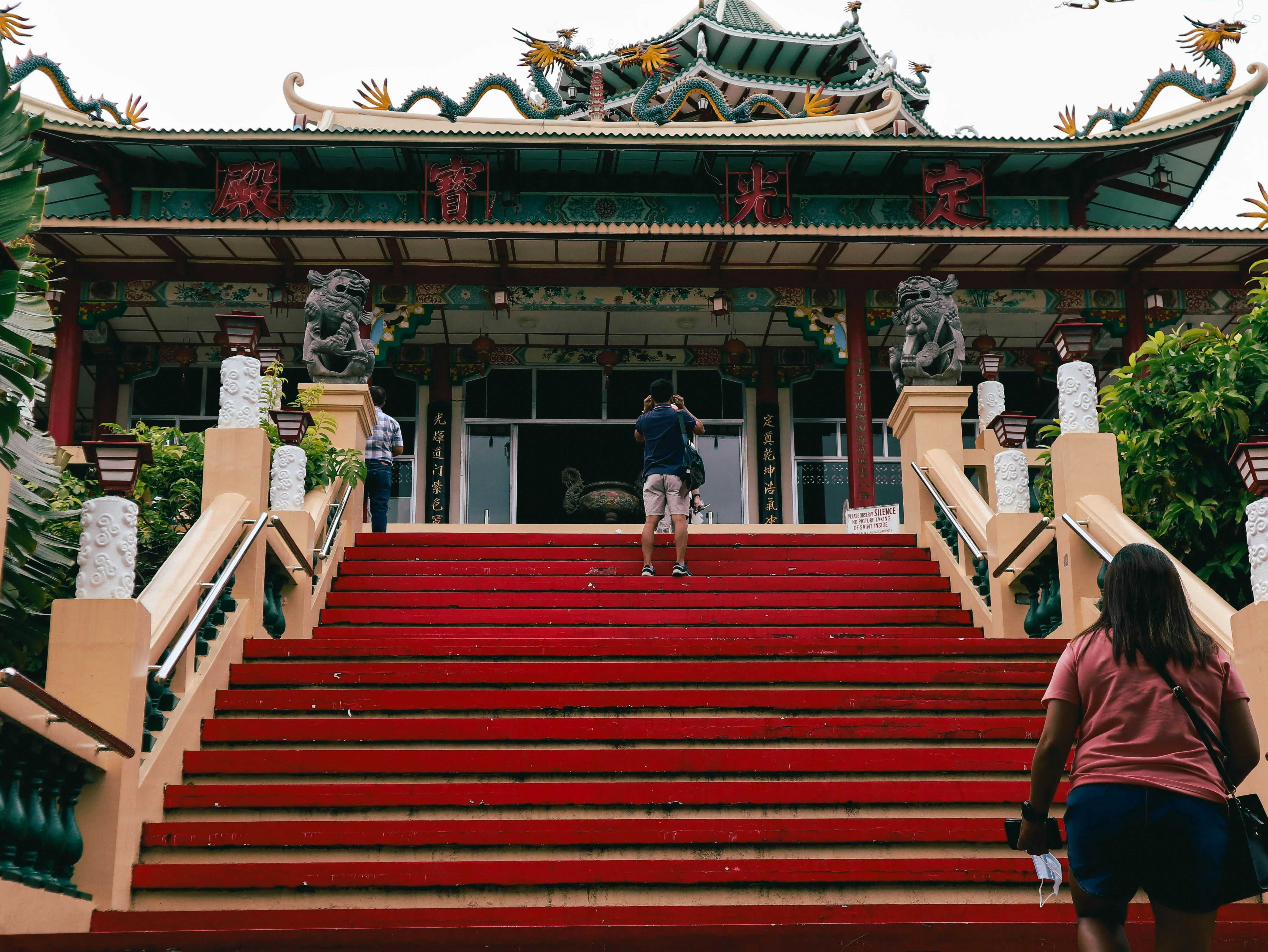
Day 3: Historical and Cultural Immersion
Your third day in Cebu offers an opportunity to delve deeper into the region's history. Visit the Magellan's Cross, planted by Portuguese and Spanish explorers in the 16th century. Then, make your way to Fort San Pedro, a military defense structure in Cebu, giving you insights into the island's colonial past. In the afternoon, explore the Cebu Taoist Temple, which offers panoramic views of the city and a peaceful ambiance.
Day 4: The Kadaugan sa Mactan
If you're visiting during April, catch the Kadaugan sa Mactan Festival, which commemorates the historic victory of Lapu-Lapu over Magellan. The beach on Mactan Island comes alive with reenactments, street dances, and a festive atmosphere. After the festivities, unwind on one of Mactan's pristine beaches, taking in the sunset over the sparkling waters.
Day 5: Paskuhan Festival and Farewell
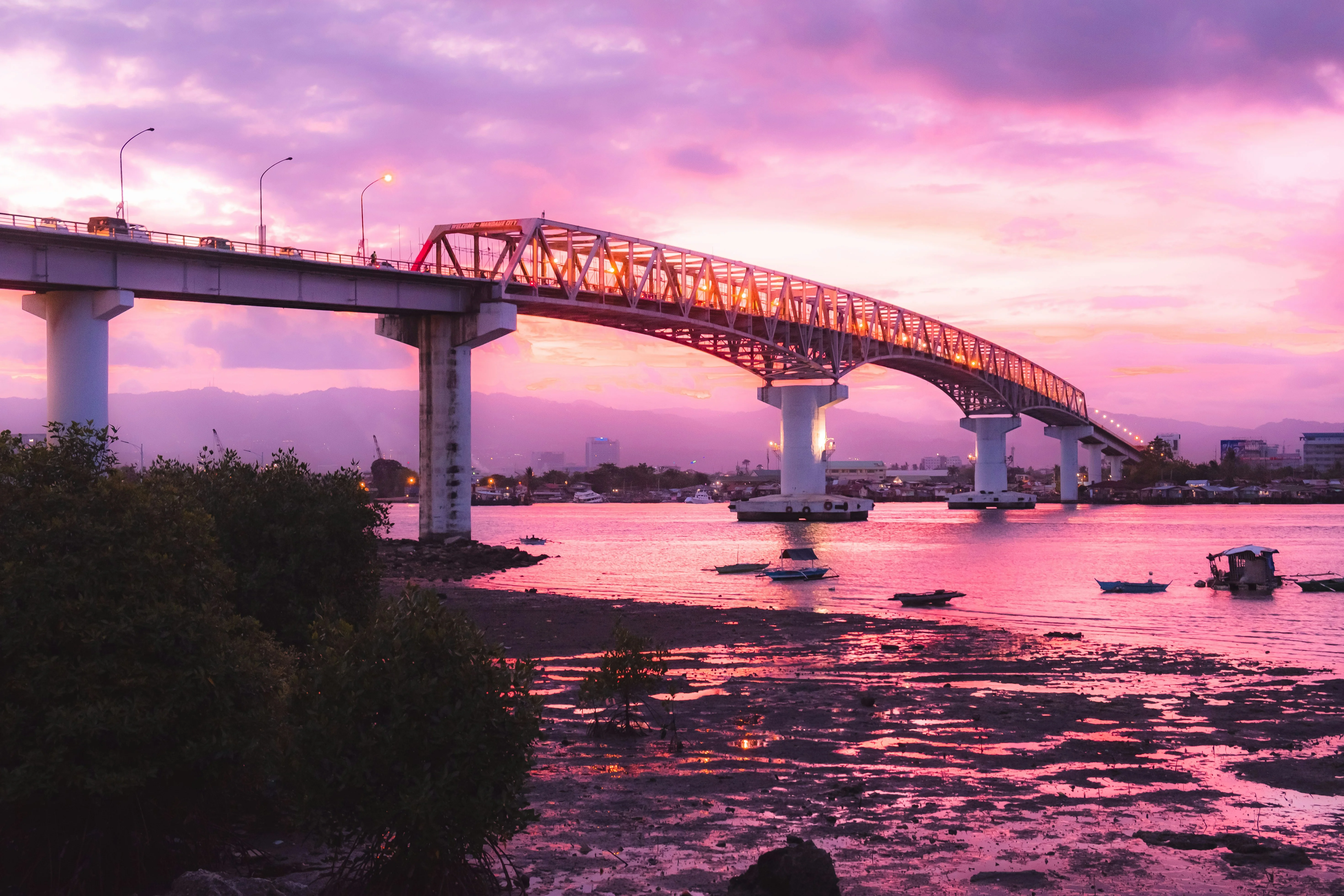
Tips for Your Cebu Festival Adventure
- Accommodations: Book your stay well in advance, as festival seasons draw large crowds.
- Local Transport: Use jeepneys and tricycles for a more authentic local experience.
- Dress Comfortably: Festival days can be long; wear comfortable clothes and sturdy shoes.
- Be Prepared: Carry essentials like water, sunscreen, and a hat.
Cebu's festivals are a vibrant display of the island's history, culture, and community spirit. From the energetic dances of Sinulog to the historical reenactments of Kadaugan sa Mactan, every festival offers a unique insight into Cebuano life. So, embrace the local culture, indulge in the festivities, and return with stories as vibrant as the festivals themselves.
